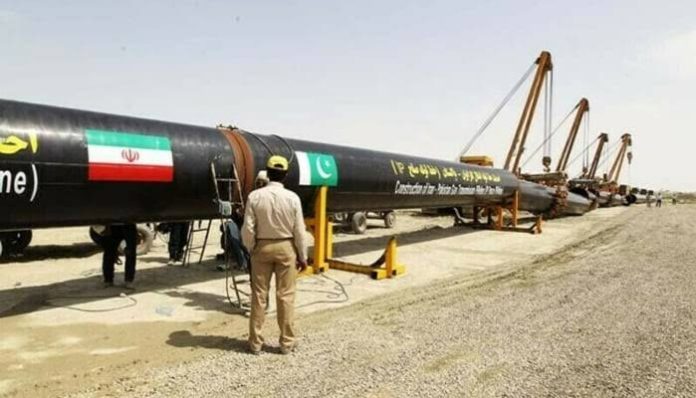The Iran-Pakistan gas pipeline project has been marred by delays since 2014, leading to increasing tensions between the two nations. With the project facing repeated setbacks, Iran has taken a significant step by extending the deadline by 180 days until September 2024. However, this move is accompanied by a stern warning – should Pakistan fail to meet the extended deadline, Iran is prepared to take the matter to an international arbitration court in Paris, seeking a substantial penalty of $18 billion.
This potential legal action underscores the gravity of the situation and the frustration Iran feels regarding the sluggish progress of the gas pipeline project. International arbitration courts are often utilized for dispute resolution between nations when diplomatic efforts prove insufficient. In this context, Iran’s decision to pursue this avenue indicates a serious impasse in the negotiation process.
Simultaneously, Iran has extended an olive branch by offering to send a legal and technical team to collaborate with Pakistan on finding a solution. This gesture demonstrates a willingness to engage in dialogue and resolve the issues that have hindered the project’s advancement. The involvement of a technical team suggests a commitment to addressing not just legal but also practical challenges that may have contributed to the delays.
The background of the project’s delays is intertwined with historical tensions between Iran and Pakistan. These geopolitical factors have likely played a role in the difficulties faced during negotiations. The notices and warnings issued by Iran highlight the urgency and the stakes involved, emphasizing the need for a swift and amicable resolution.
The Iran-Pakistan gas pipeline project stands at a critical juncture, with the specter of international arbitration looming if the extended deadline is not met. The offer to send a joint legal and technical team indicates a potential avenue for resolution, but the situation remains precarious, and the outcome will significantly impact the energy dynamics in the region.


